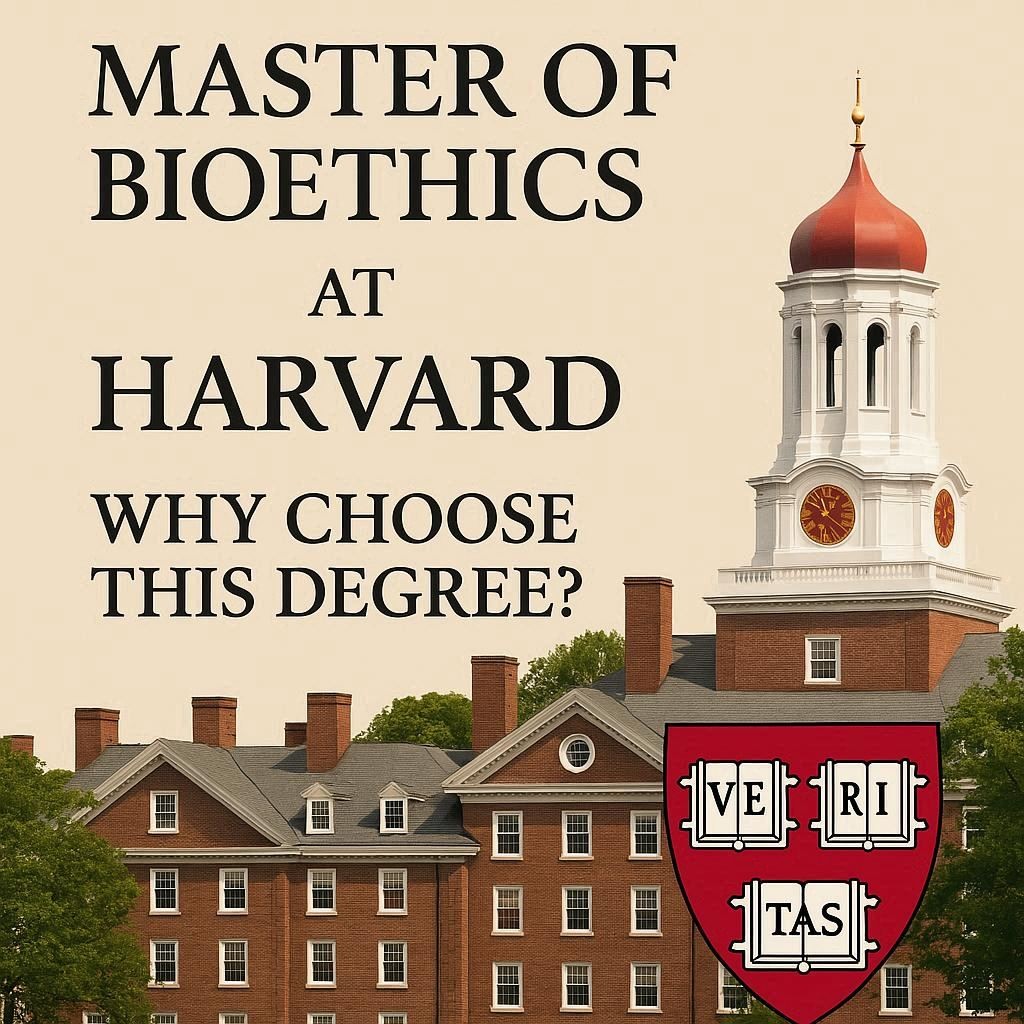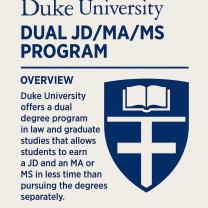Why get a Master of Bioethics degree at Harvard?
A Master of Bioethics from Harvard is a strong choice for those seeking to become leaders in addressing the complex ethical challenges arising from advances in medicine and biotechnology. The program is designed for mid-career professionals from diverse fields, including healthcare, law, journalism, and research.
Program Highlights
The Harvard Medical School Master of Science in Bioethics (MBE) program offers a curriculum that combines rigorous academic coursework with practical, hands-on experience. A key feature is the mentored capstone experience, which allows students to apply their knowledge to a real-world bioethics question that aligns with their professional interests.
Curriculum
The curriculum is multilayered, covering foundational principles and their application to contemporary issues. Required courses include:
Foundations of Bioethics: A comprehensive, year-long course covering the philosophical and theoretical underpinnings of bioethics, as well as its legal and policy dimensions.
Introduction to Clinical Ethics: This course focuses on major principles and themes in clinical settings, such as end-of-life care and patient autonomy.
Introduction to Research Ethics: Students gain a strong foundation in the ethics of research, including topics like informed consent and the fair recruitment of study participants.
Health Law, Policy, and Bioethics: This course provides an introduction to the legal aspects of health policy and bioethics, covering topics from medical malpractice to health care reform.
The program also offers a wide range of elective courses that allow students to customize their studies to their specific interests.
Career Opportunities
Graduates of the program are equipped to pursue careers in various fields where ethical expertise is crucial. Common professions include physicians, nurses, social workers, healthcare administrators, attorneys, journalists, and researchers. The degree prepares individuals to serve as leaders and advisors on ethical issues in clinical, research, public sector, and medical industry settings.
Why get a Master of Bioethics degree at Harvard?
Earning a Master of Bioethics (MBE) degree at Harvard provides students with a world-class education in ethical issues surrounding medicine, science, and public health. Harvard’s reputation, global network, and access to leading scholars ensure that graduates gain not only knowledge but also credibility in the field of bioethics. The program emphasizes critical thinking, interdisciplinary learning, and real-world applications of ethics in healthcare and research.
What career opportunities are available after earning the degree?
Graduates of Harvard’s MBE program pursue careers in a variety of fields, including:
Healthcare institutions: Working in hospitals, medical schools, and clinical ethics committees.
Public policy: Advising governments, NGOs, and advocacy organizations on ethical issues.
Research and academia: Teaching, publishing, and contributing to scholarly debates in bioethics.
Biotechnology and pharmaceuticals: Guiding companies in ethical research practices and product development.
Law and consulting: Providing expertise on medical ethics in legal and corporate settings.
This wide range of career paths reflects the program’s interdisciplinary nature and strong reputation.
3. What makes Harvard’s bioethics program unique?
Several aspects distinguish Harvard’s Master of Bioethics program:
Faculty expertise: Students learn directly from leaders in medicine, law, philosophy, and public health.
Interdisciplinary approach: Courses combine perspectives from science, ethics, and policy.
Networking opportunities: Harvard’s global reputation connects students to influential professionals worldwide.
Flexibility: The program offers both full-time and part-time options to accommodate diverse professional needs.
Practical training: Students engage in case studies, simulations, and capstone projects that apply ethical principles to real-world challenges.
What courses are included in the curriculum?
The curriculum blends foundational bioethics theory with applied practice. Courses typically include:
Foundations of Bioethics
Clinical and Research Ethics
Law, Policy, and Ethics in Medicine
Global Health and Justice
Neuroethics and Emerging Technologies
Capstone Project or Practicum Experience
This combination equips students with both a theoretical framework and practical skills.
How does the program prepare students for ethical decision-making?
Harvard’s program emphasizes applied ethics by training students to evaluate complex cases where science, medicine, and morality intersect. Through case-based learning, role-playing exercises, and collaborative problem-solving, students gain the ability to:
Analyze competing values and interests.
Communicate ethical reasoning clearly.
Provide guidance in high-stakes medical and policy decisions.
Anticipate future ethical challenges in biotechnology and healthcare.
By graduation, students are equipped to serve as ethical leaders in their respective professions.
Final Thoughts
The Harvard Master of Bioethics degree combines academic rigor, interdisciplinary training, and real-world application. For professionals interested in shaping the future of healthcare, science, and public policy, the program offers both a solid foundation and a powerful career advantage.












